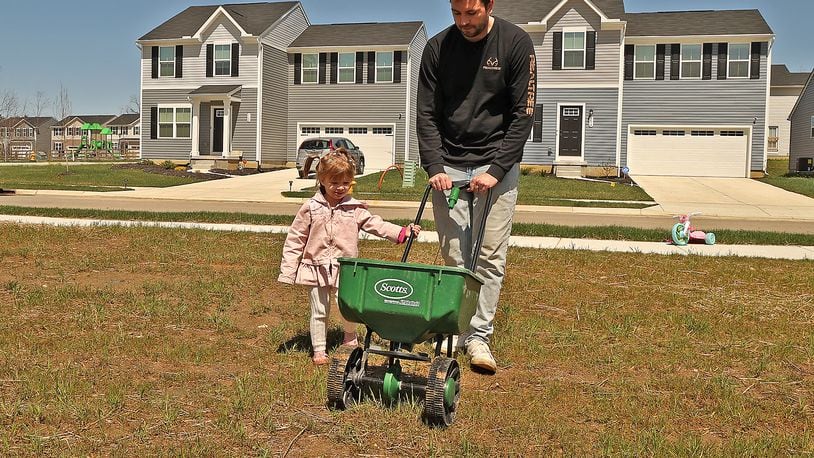At YWCA Dayton, we take a “housing first” approach. When the women we work with get safe and stable long-term housing, everything else starts to fall into place. Substance use becomes more manageable. They start to be able to deal with anxiety, depression and trauma. Life starts to fall into place in a way that it can’t when a survivor doesn’t have a safe place to live.
But, as our clients and housing staff see every day, there are steep barriers to the path to freedom that safe and affordable housing provides.
Many women who have been in abusive relationships come out with their credit score wrecked, or for years have had their finances or ability to work controlled by their abuser. Their abuser may have not paid the rent and got an eviction on both their records. Almost 99% of all of our clients report some kind of financial abuse. Many have an arrest related to addiction, which can be a deal breaker for some landlords. Others get a conviction because they were arrested along with their abuser when police responded, with women of color with higher rates of dual arrest.
All this leads to the everyday struggle to find housing. In one case, a landlord recently had been eagerly calling YWCA Dayton but when staff finally drove by a rental they saw boarded up windows that would have failed the housing program’s quality inspection before staff even went inside. Many property owners won’t take vouchers to pay for rent, whether that’s through our main emergency housing program or Section 8.
Our voucher program can pay $680 for a one-bedroom and up to $872 for a two-bedroom. The skyrocketing of rents has left many clients stuck in prolonged limbo at the YW even after they secure a job, complete a financial class and have a safety plan in place.
There are options that can help. A handful of Ohio communities, like Cleveland Heights and Wickliffe, have passed source of income protections, meaning that if a renter can afford the rent with vouchers then landlords cannot deny their application because of how they are planning to pay. It also can change a survivor’s life when a landlord works hard with us to learn the story behind how a client looks on a paper application. Additionally, as rent costs run away, we also support measures to control rent costs or provide funding for more local housing at affordable rent levels.
Because promoting more quality affordable housing means both preventing domestic violence and caring for the needs of domestic violence survivors in our community.
Brandy Schoen is the housing manager and Barbara Ward is the advocacy manager of YWCA Dayton. YWCA Dayton operates the only domestic violence shelters in Montgomery County and Preble County.
Housing affordability in the Miami Valley

As rents continue to climb across the region and many local residents find themselves working in occupations that on average do not pay enough for them to afford modest rental units, affordable housing is becoming an increasingly important issue for our communities and communities across the nation. New housing and commercial developments are planned across our region and each one sparks heated debate among residents who will live near them, the developers of these projects and civic leaders who must balance the needs of existing residents with growing the local economy and attracting newcomers.
» Domestic violence and affordable housing shortage linked
» Ohio must bridge the gap between low wages and high rents
» COVID, housing issues have disproportionally affected low-income individuals, people of color
» Springfield and the entire country needs more housing, fast
» We need to be smart, responsible with our growth
» Plan provides multi-year roadmap for neighborhood solutions
» Displaced Anthony Wayne residents asking for a fair shot
» New hotel in downtown Hamilton will make the city proud
» Cost of redevelopment should not include displacing residents
